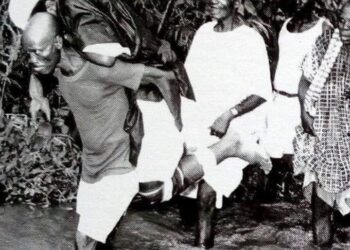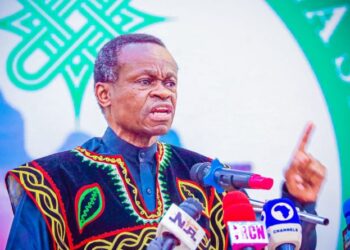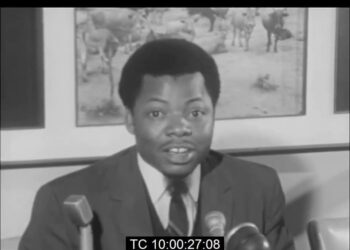Julius Kambarage Nyerere, fondly known as Mwalimu (the Teacher), was one of Africa’s most influential leaders and the founding father of modern Tanzania. Born in 1922, he rose from a modest background as the son of a Zanaki chief to become a respected statesman, philosopher, and advocate for African unity. As the first Prime Minister of Tanganyika and later the first President of Tanzania, Nyerere played a central role in shaping the nation’s identity, promoting Swahili as a unifying language, and introducing the Ujamaa policy of African socialism. His leadership extended beyond Tanzania’s borders, as he championed independence movements across Africa and served as a moral voice in international affairs. Although some of his economic experiments faced challenges, his legacy endures as a symbol of integrity, selfless leadership, and an unwavering dedication to education and social justice.
20 Facts About Julius Nyerere
1. Julius Kambarage Nyerere was born on 13 March 1922 in Butiama, near Lake Victoria, Tanganyika (now Tanzania).
2. He was the son of Nyerere Burito, a local Zanaki chief.
3. Nyerere was among the first Tanganyikans to study abroad.
4. In 1952, he earned a Master’s degree in History and Economics from the University of Edinburgh, becoming the first Tanganyikan to study at a British university.
5. Before entering politics, he worked as a teacher and was widely known as *Mwalimu*, meaning “Teacher” in Swahili.
6. In 1954, he founded the Tanganyika African National Union (TANU), which led the independence movement.
7. He became Tanganyika’s first Prime Minister in 1961, when the country gained independence from Britain.
8. Following the union of Tanganyika and Zanzibar in 1964, he became the first President of the United Republic of Tanzania.
9. Nyerere was a strong advocate of African unity and played a key role in establishing the Organisation of African Unity (OAU) in 1963.
10. He elevated Kiswahili as the national and unifying language of Tanzania.
11. Nyerere introduced the Ujamaa ideology, a form of African socialism based on equality, communal living, and self-reliance.
12. His villagisation policy encouraged rural Tanzanians to live in collective villages for better access to development and services.
13. He prioritised education, promoting the concept of “Education for Self-Reliance” to build a skilled and independent citizenry.
14. During the Cold War, he pursued a non-aligned policy, maintaining ties with both East and West while supporting African liberation movements.
15. Under his leadership, Tanzania provided a safe haven for freedom fighters from Mozambique, South Africa, Zimbabwe, and Namibia.
16. After 24 years in power, Nyerere voluntarily stepped down in 1985, setting an example of peaceful leadership transition in Africa.
17. In retirement, he mediated conflicts in neighbouring countries, including Burundi and Rwanda.
18. He earned global respect as a principled leader, often described as “the conscience of Africa”.
19. Julius Nyerere died on 14 October 1999 in London, after battling leukaemia.
20. Despite mixed outcomes of his Ujamaa policies, he is remembered for promoting unity, education, integrity, and social justice in Tanzania and across Africa.



















































































 EduTimes Africa, a product of Education Times Africa, is a magazine publication that aims to lend its support to close the yawning gap in Africa's educational development.
EduTimes Africa, a product of Education Times Africa, is a magazine publication that aims to lend its support to close the yawning gap in Africa's educational development.